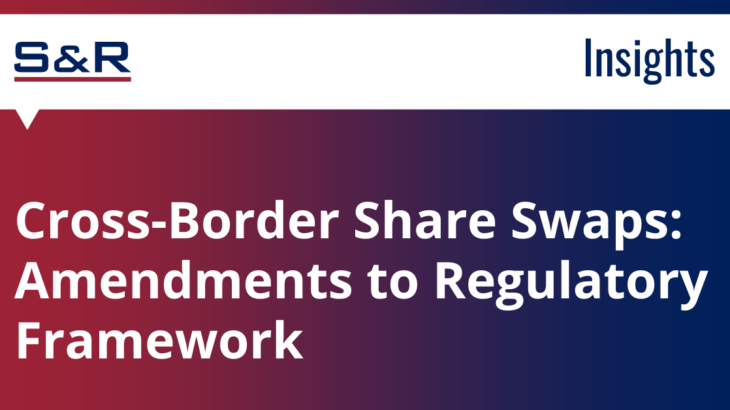The European Union’s Carbon Border Adjustment Mechanism (“CBAM”), applicable to imports from ‘third countries’ (i.e., non-EU countries), endeavors to impose a price on emissions in respect of the production and supply of carbon-intensive goods. By ensuring that a price is paid for such embedded emissions, the CBAM aims to make the carbon price of imports equivalent to that of domestic production, especially when third countries do not appropriately impose such price.
Although the CBAM has been mainly presented as a climate measure, it may also end up operating as a unilateral trade restriction designed to protect EU manufacturing. Several countries, including India, have labeled the CBAM as protectionist. While the global implications of the CBAM appear to be diverse, certain countries, including developing and newly industrialized nations, have claimed to be the worst hit, while developed countries are likely to have less carbon-intensive production processes.
The CBAM’s compliance requirements are expected to reduce the profits of Indian exporters in key sectors. Indian manufacturers from key trade-exposed industries (including those that are energy-intensive) are further poised to incur an increase in fuel costs, leading to a decrease in export earnings.
While India has discussed retaliatory measures, it is also pursuing the option of getting its Carbon Credit Trading Scheme, 2023 recognized by the EU and aligning it with the CBAM. Separately, the EU and India are engaged in talks on a proposed Free Trade Agreement, where India has raised concerns about the CBAM being similar to non-tariff barriers.
However, consistent with India’s own goals, the CBAM could also offer potential synergies, including in terms of green hydrogen partnerships and increased renewable energy deployment. Indian producers and exporters could view the CBAM as an opportunity to scale up sustainability-driven practices, including to enhance their positioning in a globally competitive market. Going forward, while carbon reporting and emissions monitoring will be essential, Indian companies should also consider investing in appropriate R&D, including with respect to emerging technologies.










